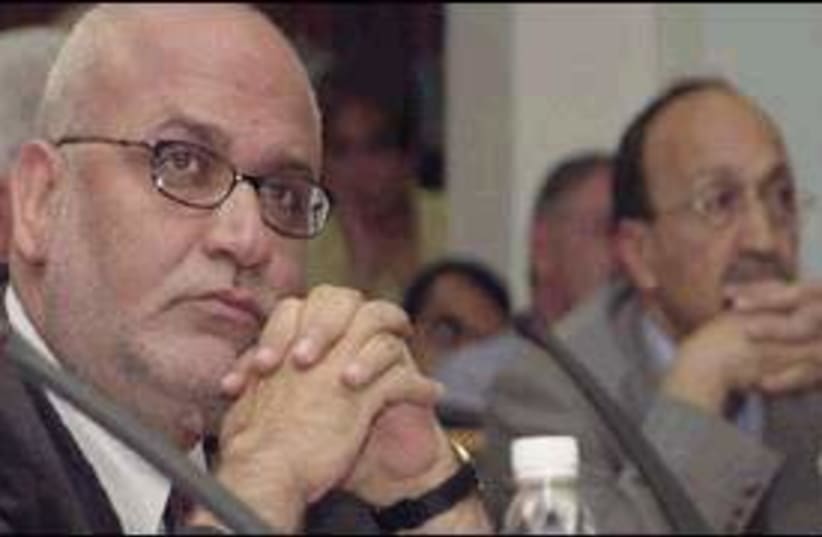| More about: | Netanya, Yitzhak Rabin, Mahmoud Abbas, Shimon Peres |
Erekat in Netanya: 'Full peace is just months away'
Warns Israel: "Don't poke your noses into our internal affairs."


| More about: | Netanya, Yitzhak Rabin, Mahmoud Abbas, Shimon Peres |